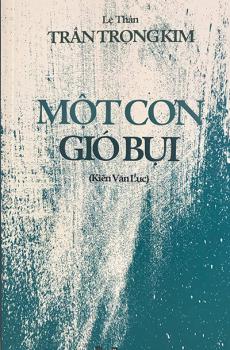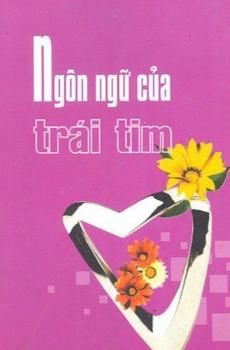The Algonquin Legends of New England
The Algonquin Legends of New England
Đăng nhập để đọc sách và tải về file pdf miễn phí
| Nhà xuất bản | Chưa rõ |
|---|---|
| Nhà xuất bản sách tiếp cận | Public domain |
| Năm xuất bản | 2004 |
| Coppy right | Chưa rõ |
Among the six chief divisions of the red Indians of North America the most widely extended is the Algonquin. This people ranged from Labrador to the far South, from Newfoundland to the Rocky Mountains, speaking forty dialects, as the Hon. J. H. Trumbull has shown in his valuable work on the subject. Belonging to this division are the Micmacs of New Brunswick and the Passamaquoddy and Penobscot tribes of Maine, who with the St. Francis Indians of Canada and some smaller clans call themselves the Wabanaki, a word derived from a root signifying white or light, intimating that they live nearest to the rising sun or the east. In fact, the French-speaking St. Francis family, who are known par eminence as "the Abenaki," translate the term by point du jour.
The Wabanaki have in common the traditions of a grand mythology, the central figure of which is a demigod or hero, who, while he is always great, consistent, and benevolent, and never devoid of dignity, presents traits which are very much more like those of Odin and Thor, with not a little of Pantagruel, than anything in the characters of the Chippewa Manobozho, or the Iroquois Hiawatha. The name of this divinity is Glooskap, meaning, strangely enough, the Liar, because it is said that when he left earth, like King Arthur, for Fairyland, he promised to return, and has never done so. It is characteristic of the Norse gods that while they are grand they are manly, and combine with this a peculiarly domestic humanity. Glooskap is the Norse god intensified. He is, however, more of a giant; he grows to a more appalling greatness than Thor or Odin in his battles; when a Kiawaqu', or Jotun, rises to the clouds to oppose him, Glooskap's head touches the stars, and scorning to slay so mean a foe like an equal, he kills him contemptuously with a light tap of his bow. But in the family circle he is the most benevolent of gentle heroes, and has his oft-repeated little standard jokes. Yet he never, like the Manobozho-Hiawatha of the Chippewas, becomes silly, cruel, or fantastic. He has his roaring revel with a brother giant, even as Thor went fishing in fierce fun with the frost god, but he is never low or feeble.





